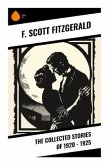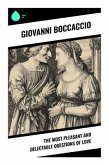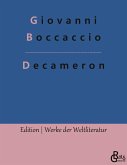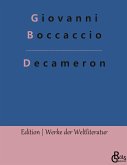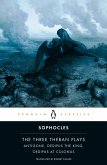Giovanni Boccaccio's "The Decameron" unfolds as a masterful collection of one hundred tales, set against the backdrop of the Black Death that ravaged 14th-century Europe. Composed in prose that is both vivid and engaging, Boccaccio employs a frame narrative structure, featuring a group of ten young people who escape the plague by retreating to a secluded villa outside Florence. Each character recounts stories ranging from the ludicrous to the profound, interweaving themes of love, social stratification, and human folly, effectively reflecting the complexities of human nature and the societal issues of his era. Boccaccio, a key figure in the Italian Renaissance and a contemporary of Dante, drew on his own experiences and extensive literary knowledge to craft this seminal work. His keen observations of society and its intricacies, coupled with a profound understanding of human emotion, allowed him to create tales that resonate with both contemporaneous and modern audiences. The Decameron not only illustrates the reality of its time but also showcases Boccaccio's sophisticated style that subtly critiques social norms. For readers seeking a rich exploration of humanity through the lens of whimsical yet thought-provoking storytelling, "The Decameron" is a must-read. It invites you to reflect on the paradoxes of life through its diverse characters and their tales, making it an essential text for those interested in literature, history, and the timeless nature of human experience.
Bitte wählen Sie Ihr Anliegen aus.
Rechnungen
Retourenschein anfordern
Bestellstatus
Storno



